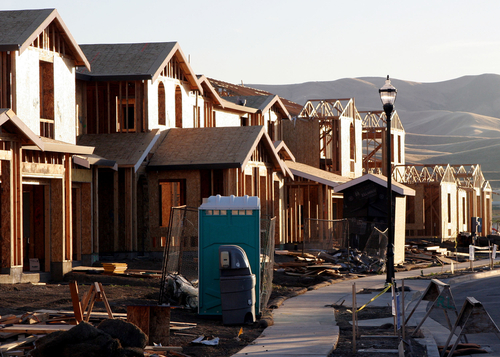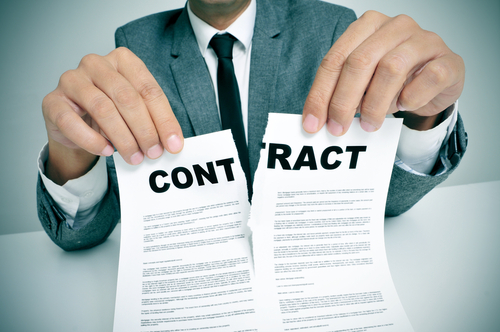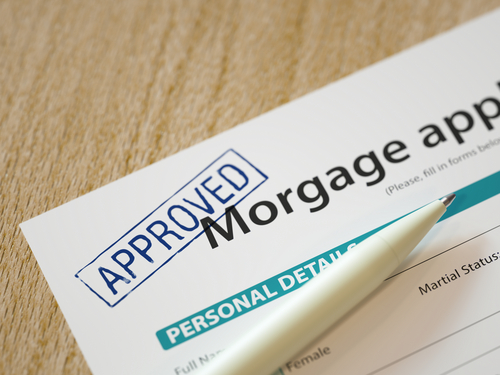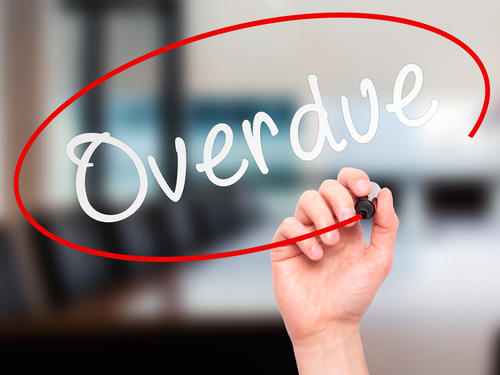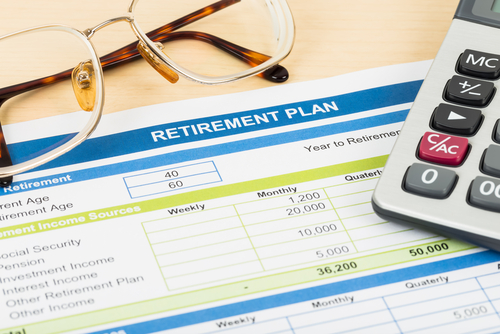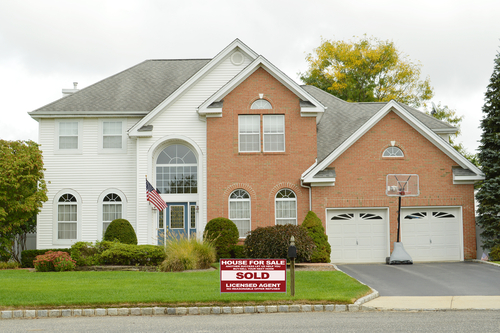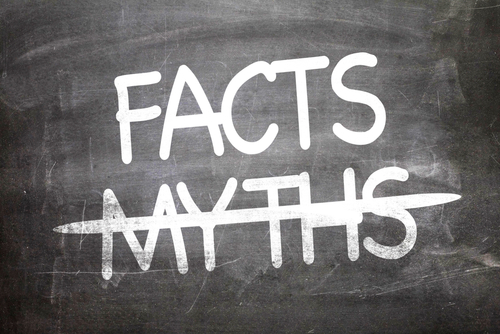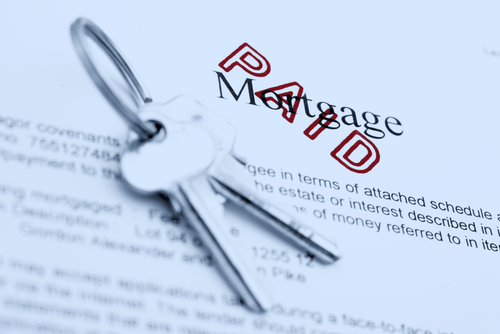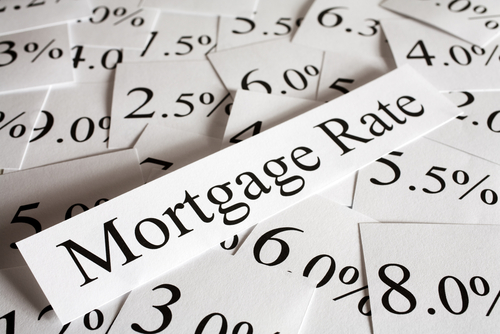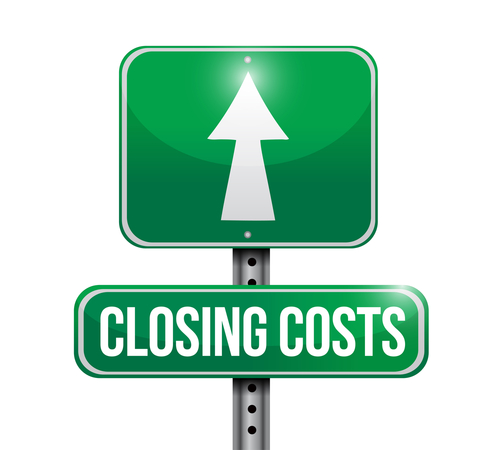FHA home loans, which are insured by the Federal Housing Administration, are an alternative to conventional financing and an attractive option for first-time home buyers, although anyone can apply.
These loans are sometimes easier to get than conventional loans, but this doesn’t mean everyone who applies for an FHA loan is approved for financing. Like any mortgage loan, there are minimum requirements, and your FHA loan may be rejected if you don’t fit the criteria.
1.You have a credit score below 620
One advantage of an FHA home loan is that the program only requires a minimum credit score between 500 and 580. This opens the door to homeownership if you’ve had credit problems in the past. But while it is possible to get an FHA loan with a credit score as low as 500, mortgage lenders that offer FHA products can set their own minimum credit score standard, and some lenders don’t approve applicants with scores lower than 620, regardless of a particular program’s minimum requirement.
The upside is that while one lender might reject your FHA home loan application, another lender might approve your loan. Before applying for a mortgage, check your credit report and credit score. If you have a credit score below 620 and you’re considering an FHA loan, speak with multiple lenders and ask about their minimum credit score requirement.
2. You don’t have a down payment
Although FHA home loans are insured by the government, this doesn’t mean you can purchase a home without a down payment. This loan isn’t like other government products that don’t require a down payment, such as VA home loans and USDA home loans.
FHA home loans require a minimum down payment of 3.5%. If you apply for a loan without enough in reserves for a down payment, the bank might reject your application. Your request for an FHA home loan might also be rejected if you don’t have enough reserves to pay closing costs, which can be as much as 2% to 5% of the sale price. Fortunately, FHA home loans allow sellers to pay up to 6% of a buyer’s closing costs.
3. Your debt-to-income ratio is too high
When determining whether you qualify for a mortgage loan, the lender calculates your debt to income ratio to make sure you’re not carrying too much consumer debt. You don’t have to be debt-free to get a mortgage, but if auto loan payments, personal loan payments and minimum credit card payments take a chunk of your income, this can reduce purchasing power and jeopardize a mortgage approval.
One advantage of an FHA loan is that the program allows for a higher debt ratio. With a conventional loan, your total monthly debt payments including the mortgage shouldn’t exceed 36% of your gross income. With an FHA home loan, your monthly debt payments including the mortgage can be as high as 43% of your gross income. This isn’t a hard or fast rule. So if your debt to income ratio is higher than 43%, the lender may still approve your application, but only if you’re well-qualified in other areas. This includes a credit score of at least 680 or higher, three month’s of mortgage payments in reserves or a history of on-time mortgage payments. Keep in mind, however, you’re not likely to get an FHA loan if debt payments are greater than 45% of your gross income.
